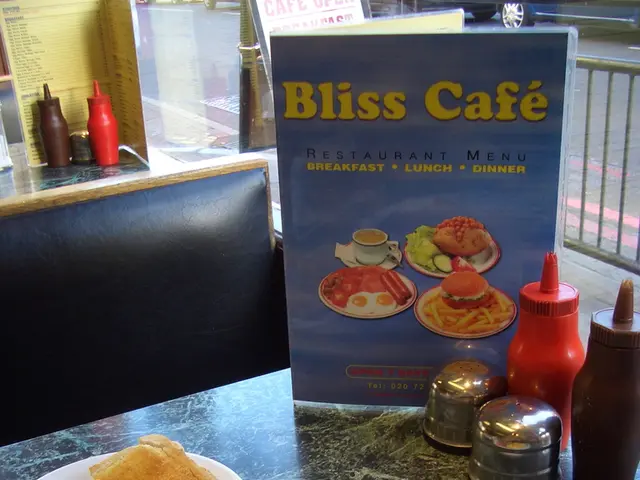Recalling Tunes That Evoke Joyful Experiences
In a groundbreaking study published in the journal "PLOS One", researchers Safiyyah Nawaz and Diana Omigie from Goldsmiths University in London have explored the impact of music on memories. The study, which involved an online survey with 233 participants aged 18 to 76, delves into the connection between music properties and the emotional impact of musical memories.
The participants were exposed to ten music pieces that were popular during their childhood and adolescence, one song per year. These songs ranged from energetic tunes like "Trap Queen" by Fetty Wap and "When Doves Cry" by Prince, to slower, more acoustic numbers such as "re: stacks" by Bon Iver and "Clair de Lune" by Claude Debussy.
The findings suggest that energetic songs are more likely to evoke memories associated with joy and excitement, while slower songs are more likely to evoke feelings of calm, romance, sadness, and reverence. The properties of music, such as acoustics, volume, and energy, are linked to the emotional and phenomenological qualities of the same musical memories, as explained by Nawaz.
Interestingly, less powerful, more acoustic songs tend to trigger quieter, romantic, and sad memories. Participants were asked to categorize the memories evoked by the songs, providing valuable insights into the emotional responses to different types of music.
The study's findings could potentially be used to develop music-based interventions for memory disorders. With the implications for memory-related therapies noted, the study does not specifically focus on music's potential role in Alzheimer's therapy but could contribute significantly in this area.
Moreover, energetic music tends to evoke memories more quickly, according to the study. This discovery could have far-reaching implications, particularly in therapeutic settings where quick recall of memories is essential.
The study's findings could potentially help in understanding and manipulating the emotional response to music, offering a new perspective in various fields such as psychology, musicology, and therapy. The researchers believe that these findings could contribute to therapies for people with memory disorders like Alzheimer's.
Participants were also given the opportunity to submit their own songs that triggered their memory, adding a personal touch to the study and further enriching the data collected.
In conclusion, this study provides compelling evidence for the powerful connection between music properties and the emotional impact of musical memories. The findings could pave the way for innovative music-based interventions and contribute significantly to the field of memory therapy.
Read also:
- Connection Between ADHD and Trauma?
- West Nile Virus detected in Kentucky for the first time; authorities advise locals to adopt safety measures
- Digestive issues: Understanding causes, remedies, and further details about acid reflux and excessive burping
- Exploring Botox as a Treatment for Interstitial Cystitis: Insights, Adverse Effects, and Further Details







